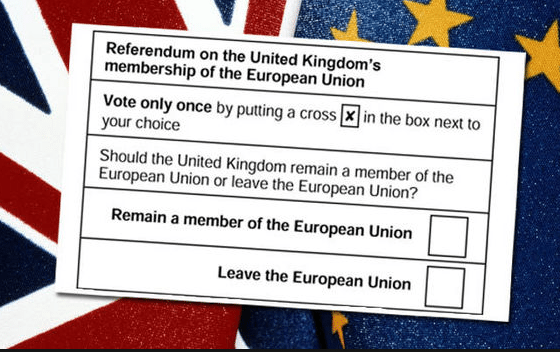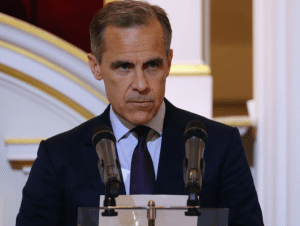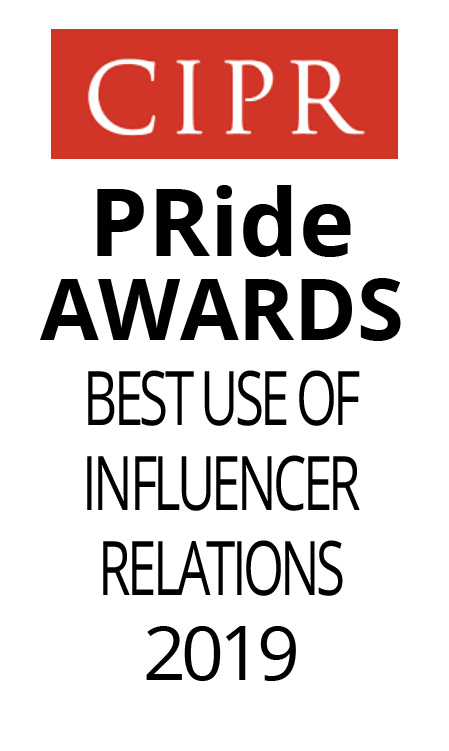“A God-almighty gasp followed by a reverberation of unbelieveableness swept through the thousands…….
……gathered to witness the execution in 1649, and reverberated throughout the land.”
Have you got over the Brexit vote yet?
It seems a frightening analogy but I think John Bird, writing in The Big Issue was right when he said:
“Other than the above, I cannot think of a moment in history that equalled the feeling of Friday, June 24th when the UK woke up being out of Europe.”
He explains that going to war is a different set of circumstances; the Brexit vote and executing the king, James 1st, are both acts that stunned the nation.
John also observes that the monarchy was restored not that long afterwards and Cromwell dug up from his grave for his body to be hung, drawn and quartered…
So, I know this will seem like dreadful bathos, but I’d like to pose two questions:
- Who has emerged well from the whole Brexit debacle?
- What lessons can other organisations learn from it?
Clear and calm response
In my opinion, the person whose calm delivery and clear presentation meant he emerged extremely well in the immediate turmoil of the Brexit vote was Mark Carney, Governor of the Bank of England.
He seemed calm and in control, working from a plan which had obviously been laid out in advance.
Of course he has a pretty important job, so he ought to have been prepared…
But you could say the same of the leaders of our government, of all sides, they all have (or had) very important jobs and I got the impression that none of them, apart from Mark Carney and the Bank of England, had made any long term preparations for both potential outcomes of the vote.
So what are the lessons to be learnt?
- Being prepared is vital
- Have a risk register in place
Every organisation should have a risk register in place. It can be divided into any number of headings, to reflect the individual nature of your business, but a few common categories might be:
Risk analysis headings
- A description of the risk
- The impact of the risk
- The likelihood of that risk happening
- Mitigating it from happening (who + how)
- Dealing with it if it does happen (who + how)
Identifying risks
Identifying the risk (“description of the risk”) is very individual to your organisation. A manufacturing plant and a university, both types of organisations Twelve works for, have very different risks but some common ground too – every organisation has staff for example….Risks should be grouped by type or source, and be clearly, succinctly defined.
In every case, the process of completing a risk analysis must include considering the worst that can happen from an accident, to a product recall, even those “black swan” events that come from nowhere. A look at the news just this week provides a few awful examples – part of a building collapses causing fatalities at a place of work; a shooting takes place; a train crashes…
Horizon scanning for external events should be part of this. For many organisations the EU Referendum should have been listed as a risk, with the specific potential impact that it might have on the organisation identified, along with a course of action to begin dealing with it.
The role of PR
This is where PR should be involved. Much of managing a crisis and how well you or your organisation will come out of it depends on how you communicate immediately during and after any crisis.
Recent events give us many examples of this, from the extreme such as the Deepwater Horizon oil spill which created headlines such as “Chief executive Tony Hayward’s comments have done little to aid attempts at damage limitation” to the more domestic Talk Talk database hacking scandal discussed in an earlier blog post.
The most important moment is the ‘golden hour’ immediately after an incident has happened, or immediately after the media have got wind of the incident, which is exactly when, without a plan, you could be caught on the hop.
The “golden hour”
Here are some questions to ask:
- Do you have an agreed “triage” process for deciding who should be involved and notified internally?
- Do you know who would be your spokesperson immediately following an incident?
- Have you prepared your spokesperson to deal with the media, and is there a team who will cover all the different aspects of it, such as someone to tackle a potential “digital wildfire?”
This sort of information should be included on your risk analysis under the heading “dealing with it if it does happen.”
Creating an opportunity
In the best case scenario, you can turn a ‘crisis’ into an opportunity. Here is a very recent example. Foreign workers form a vital part of your workforce. They are worried about Brexit and think their jobs are at risk. You communicate to them all, explaining the position of the business and your plans for the future in light of the vote, and reassure foreign staff that their jobs are secure.
With some slight re-engineering this same communication becomes a press statement to distribute to your trade titles. Because it is timely and interesting, the statement secures a feature in your key trade publication.
The article demonstrates how you have planned for any change and taken steps to ensure a confident future for your business and its staff and customers; its adds to your businesses reputation and ultimately helps to secure some new business…
Conclusions
Don’t wait until an incident happens to discover how your organisation will react. With experience and imagination, you can envisage most potential risk scenarios. Be prepared and complete a risk analysis.
And if you feel your neck could be on the line when it comes to handling a crisis, and you would like some professional help in populating a risk analysis or preparing your PR plans, please get in touch.
Nicky@twelvepr.co.uk 01608 495012










